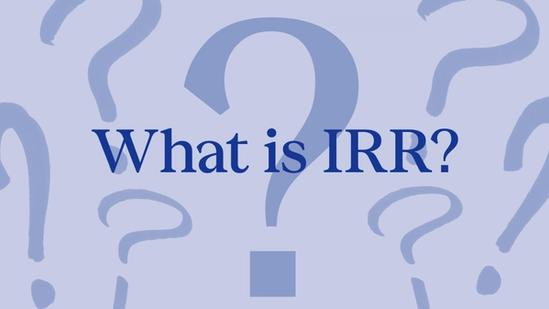What Does EBITDA Mean in Private Equity?


Why Earnings before interest, tax, depreciation, and amortization is important for investors
- Earnings before interest, tax, depreciation, and amortization (EBITDA) is the industry standard for measuring a company’s turnover excluding interest payments, taxation, or the spreading of the cost of an asset
Earnings before Interest, Tax, Depreciation, and Amortization (EBITDA) is not just a key concept in private equity (PE), but across finance as well. It serves as a core measure of a company’s operational profitability, allowing fund managers to assess whether their investment will likely generate a strong return.
EBITDA is calculated by looking at a company’s raw profit without including its interest and tax payments or any intangible or tangible asset depreciation. Interest payments can be a significant factor in PE valuations, depending on whether debt was used in the transaction to acquire the asset in a Leveraged Buyout (LBO), where PE funds borrow money to buy a portfolio company.
Taxation is not considered either, although fund managers may consider this regarding their portfolio company’s structure and location.
Depreciation and amortization expenses the cost of an asset over its life cycle. For example, Chelsea Football Club, which is PE-owned, signed players on 8.5-year contracts so they could amortize their contract value – effectively spreading the costs – over this longer period.
EBITDA is a universal metric for a company’s financial health and is often used alongside other metrics, like market capitalization, to assess a company’s valuation. This is especially useful in private equity, where companies cannot be valued by their share prices, so must be compared to similar public companies or valued based on potential IPO pricing. Some investors even view EBITDA as a yield or its valuation, almost like a dividend.
ThinQ is the must-bookmark publication for the thinking investor.



